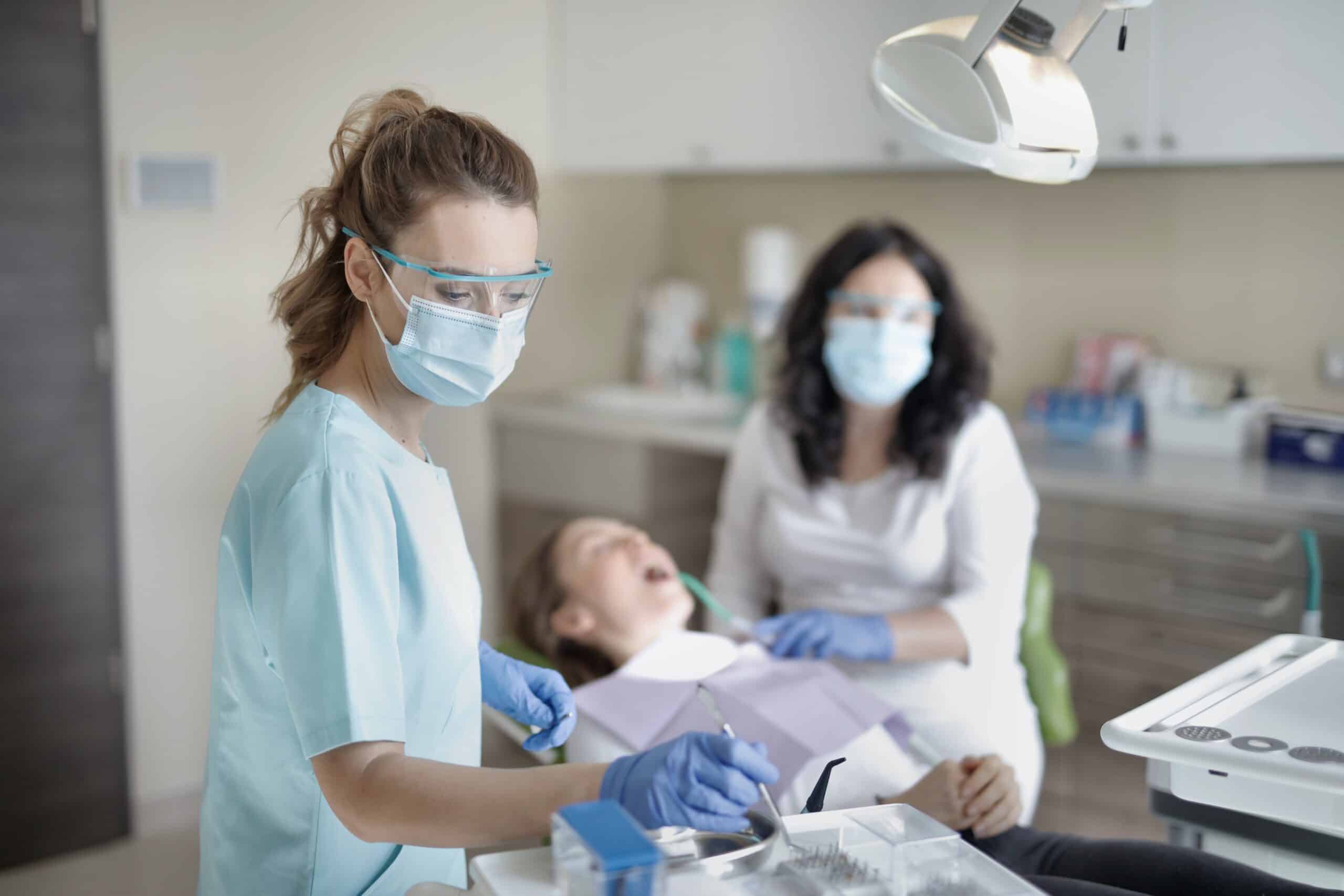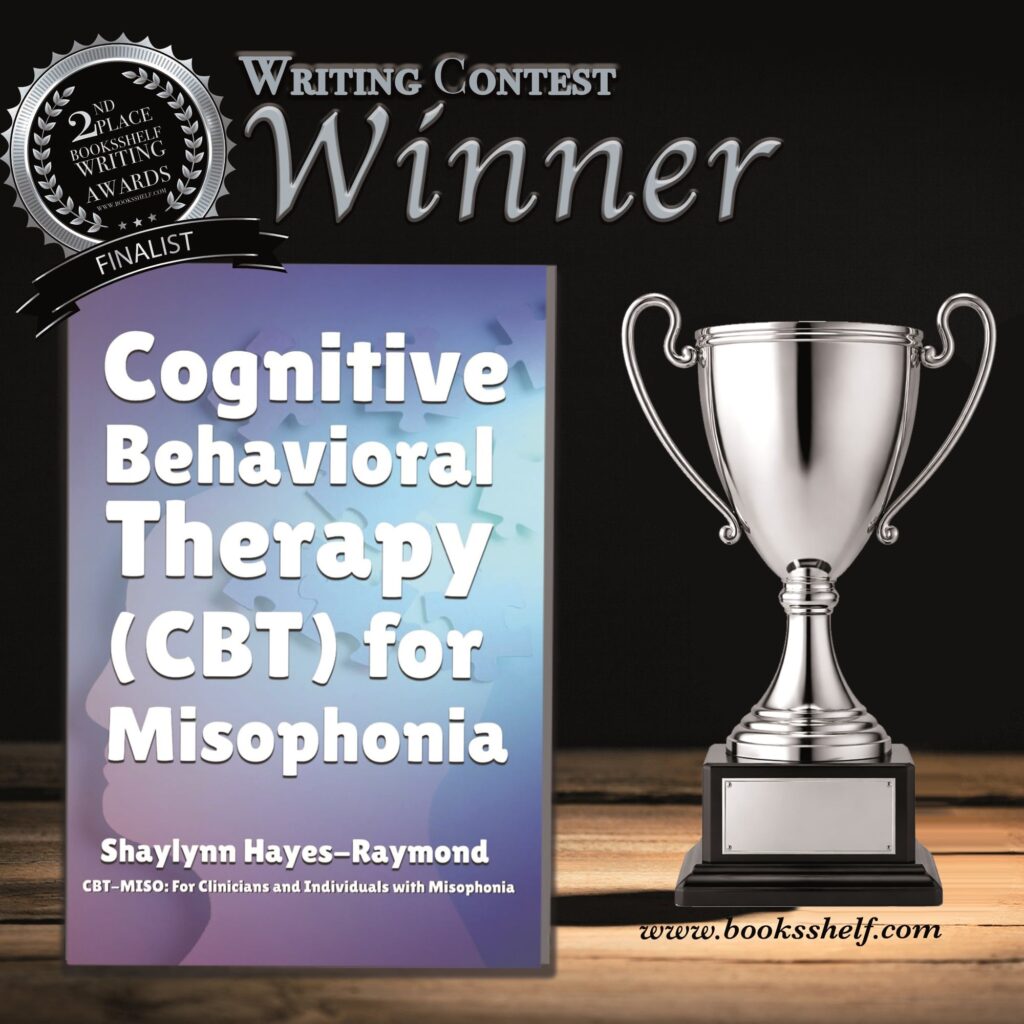
By Dr. Greg Grillo (dentably.com)
There are a lot of sensory elements that come with being at the dentist. The bright lights, loud noises, tastes and smells of oral care products, and being touched by people can cause anxious feelings for anyone. However, patients with Misophonia may be even more sensitive to these elements and this condition is something that more dentists should become aware of. Misophonia is a neurological disorder in which auditory, and sometimes visual stimuli, cause an individual to go into the fight/flight response. Sounds and sights that may not be noticed by most people, but individuals with Misophonia may be extremely disrupted by everyday sensory elements.
I have been practicing family dentistry for 17 years and it’s always a goal of mine to do what I can to ensure the comfort of my patients. Dental care is extremely important to one’s health and well-being and most dentists will do whatever it takes to help a patient receive care. Here are some ways you and your dentist can work together to improve your dental experience.
-
Dental care at home
Having a good oral hygiene routine at home is essential to the well-being of one’s mouth. In individuals with Misophonia, it can be very difficult to have a dental care routine. Toothbrushes and the feeling of toothpaste can either be under or over stimulating and put people in heaps of discomfort. It’s important to find a toothbrush and toothpaste that what works best for you. Every person is unique in their needs and feelings so what works for them, may not work for you and that’s okay.
Another way to keep your teeth healthy outside of brushing and flossing is by maintaining a healthy diet. Foods that have a lot of vitamins and minerals will keep your teeth strong and healthy. The best source of nutrient-rich foods is in fruits and vegetables. If certain foods cause sensory overload, find which ones feel best for you. Foods come in many different tastes and textures, so center your diet around what works for you. Many health food stores also sell vitamins and supplements in various forms to help you receive the nutrients that you need.
-
Talk to your dentist
Talking to your dentist is a great idea for making any accommodations you may need during your visit. They are a great source for information, and you can ask them any questions that are on your mind. As I mentioned, it’s a dentist’s goal to make a patient as comfortable as possible. If any accommodations need to be made to assure a good visit, they will be more than willing to do so.
One thing that may be beneficial to someone with Misophonia is reducing the waiting time before your appointment. It’s common that the auditory and visual elements in the waiting room such as gum chewing, shaking legs, and other movements can be overwhelming. Talk to your dentist about scheduling an appointment at a quieter time where there won’t be as many patients at the office. Also, ask if you can be seated in the dental chair as soon as you arrive to avoid sitting in the waiting room
Another element of the dentist that individuals with Misophonia experience are triggers from dental tools such as toothbrushes, picks, and drills. The sound and feeling of metal scraping against the teeth can be unbearable. Talk to your dentist about different methods they can do to make you comfortable enough to receive dental care.
-
Never give up
Working towards having positive dental experiences may seem like a long and tiring journey. It’s important that you never give up. Dental care is essential to your overall health and well-being. Even if it takes years, there is a solution out there for you to make dental hygiene easier for you. Your dentist is a great source of support on this journey. You can work together and learn from each other on what works and what doesn’t.
The dentist office can be an overwhelming place for anyone, but living with Misophonia can make going to the dentist much more difficult. However, there are ways to overcome these issues and turn work to make it a more positive experience. Your dentist will want to work alongside you to make the visit be as comfortable as possible, and these tips can help you to begin making the dental office an easier place to visit.







